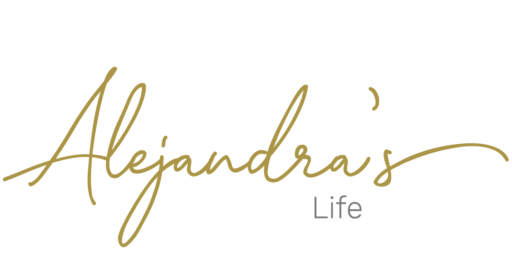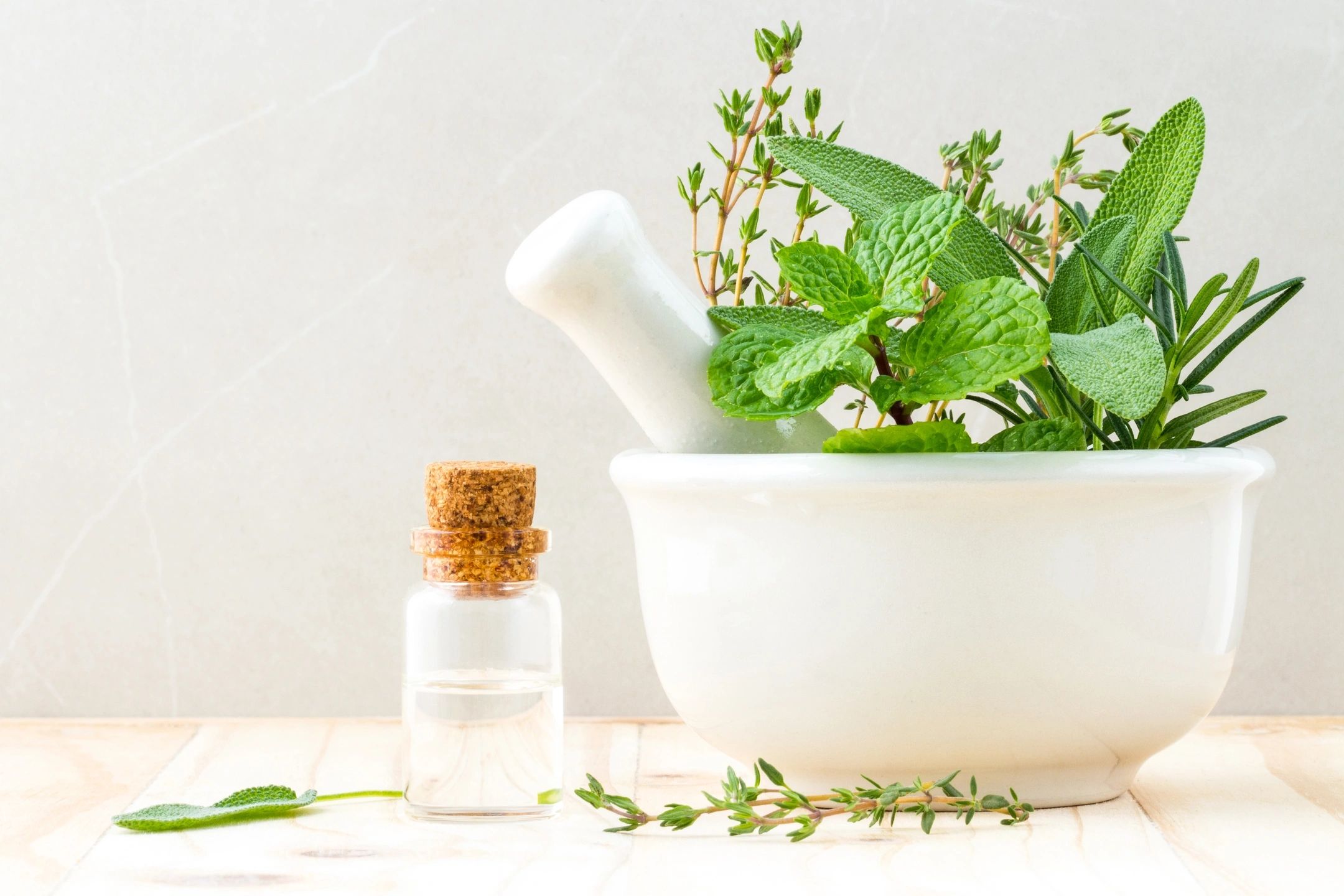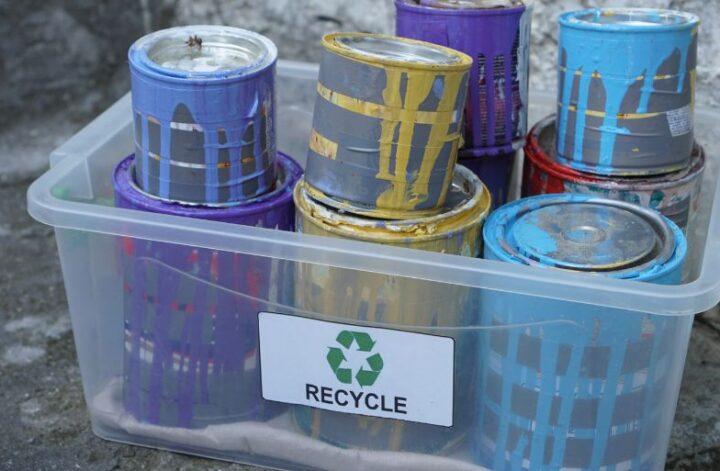f you’re like most people, you know someone — even if it’s just online — who uses CBD to treat something. They might use it to fight chronic pain, ease depression, relieve the symptoms of multiple sclerosis or ALS, or make epilepsy easier to endure. So just what is CBD?
You could be forgiven for thinking that CBD must be some kind of drug. But CBD is nothing like the prescription medications so many people use it to replace. CBD is not a drug — and it’s here to help.
What is CBD?
CBD is a naturally occurring chemical compound found in cannabis plants like hemp and marijuana. Unlike THC, another of these compounds, CBD cannot make you high. And while the rules surrounding marijuana use and possession vary from state to state in confusing ways, CBD made from hemp doesn’t have the same restrictions.
CBD can be smoked in a vape cartridge, taken as a tincture under the tongue, or eaten in edibles. It also comes in oils and creams, and the best CBD from companies such as cbdistillery are third-party tested for efficacy, purity, and safety.
CBD can also be applied directly on the skin for different purposes, like eczema or even psoriasis. There are several guides on how to use cbd oil topically online worth to read.
Why does CBD work?
Our bodies have a system known as the endocannabinoid system that consists of special receptors on the larger nervous system. These receptors are able to bind with cannabinoids, or CBD, use it, and then activate enzymes to break it down.
The endocannabinoid system works to keep the human body “stable.” The system interprets stability as every part of the body working within normal parameters and together, as it should. It’s this system that tells you to sweat when you’re too hot, tells your stomach to growl so you’ll eat, turns off and on inflammation, and even regulates immune function.
CBD works directly on these receptors, meaning it can benefit many bodily functions, including:
- Pain perception
- Hormone production
- Immune function
- Mood regulation
- Digestion
- Inflammation response
Can CBD really replace prescription drugs?
It’s never safe to stop your medications cold turkey and switch to CBD. That’s because pharmaceuticals come with a slew of potential side effects. Once your body is used to taking a drug, suddenly stopping the supply can activate many of these unwanted side effects.
However, many people have been able to slowly taper off their prescriptions drugs, under a doctor’s supervision, and move to using CBD as a replacement for pharmaceuticals. In many cases, CBD does the job just as well as the prescriptions used to do. Sometimes it does the job even better.
In other cases, people have gotten ahead of the curve and tried CBD before being put on a prescription at all. CBD has helped a lot of people avoid harsh pharmaceuticals altogether.
What are the side effects of CBD like?
It’s natural to assume that anything that helps us the way CBD oil does would come with serious potential side effects. After all, that’s the way most drugs work, and we learn to accept the side effects as worth it to achieve the benefits that prescription drugs, and even over-the-counter medications, offer.
But CBD is not a drug, and it doesn’t cause anything like the side effects we associate with most drugs. Where prescriptions can have side effects ranging from dizziness and vomiting to insomnia, heart palpitations, and even things far more serious, CBD has almost none.
CBD is nonpsychoactive, nonaddictive, and has only minimal side effects for some people. Even those side effects, such as mild stomach discomfort, usually go away just by taking the CBD a little earlier or later or with food. In fact, CBD is often used to counteract the more painful or uncomfortable side effects of prescriptions.




